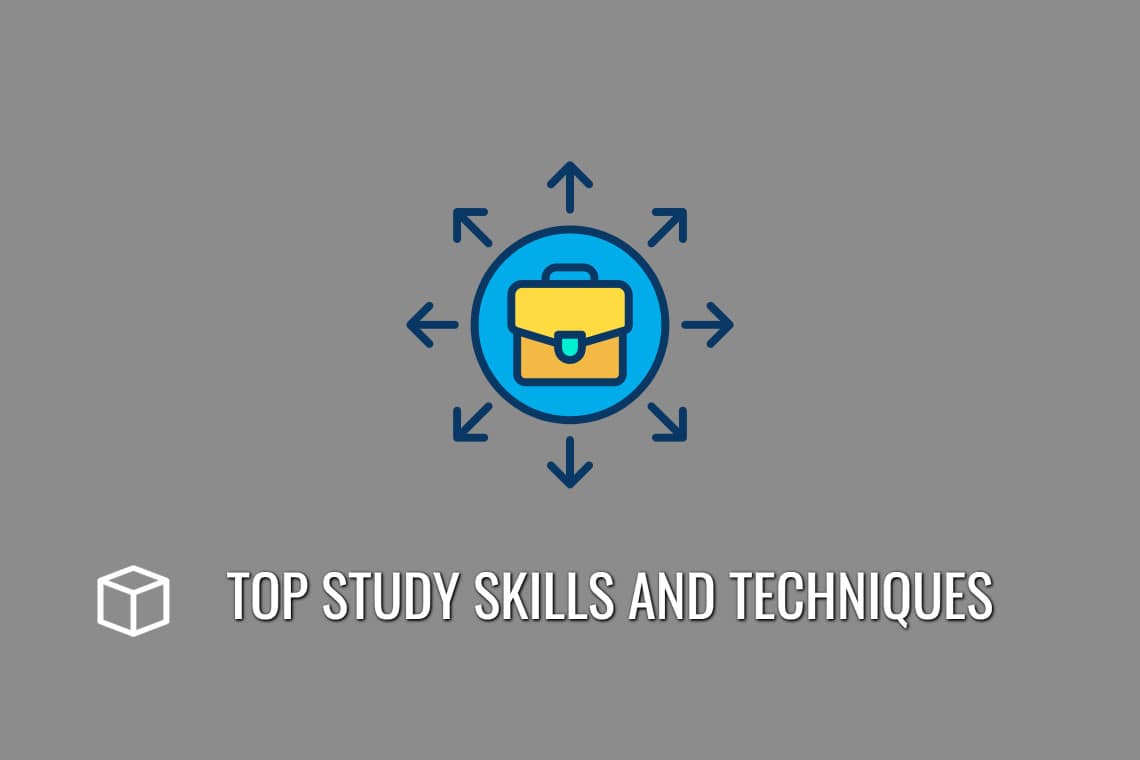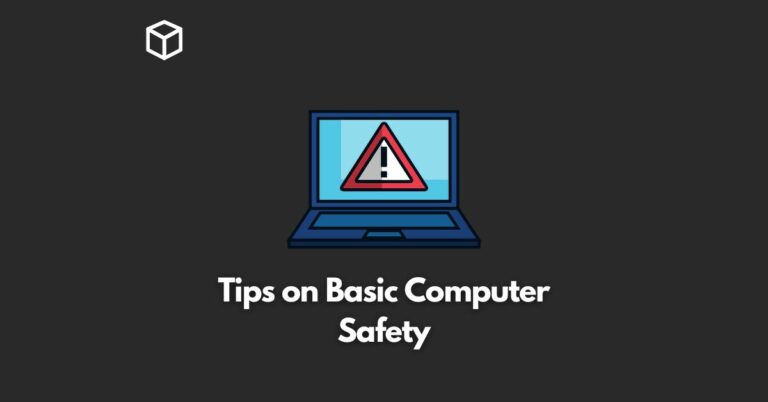Studying is an important skill in order to succeed in school. If you want to get good grades, studying is required, and it doesn’t matter if you study a lot or a little.
You’ll need to make sure you have the skills involved with studying in order to be successful, such as learning how to take notes effectively.
If you want to go on to college, then these skills will help immensely for your success.
It’s beneficial that your studying skills are strong because this will help you excel at your desired field of work.
Even though not all students have equal capabilities, the ones that work hard and develop their skills will end up faring better in life.
The same can be said about those who want a job, they most likely will need strong studying skills.
Top Study Skills and Techniques
1. Time Management
The students who are good at time management will be the ones who excel the most. Students should start with their hardest subject first and work on one subject at a time.
They should also go over the material one more time, but try not to focus on it for too long so they don’t burn themselves out.
This will give them the ability to do well in their classes and ultimately better grades which lead to higher potential of college acceptance.
The students who are either lazy or procrastinate most likely won’t do as well because they’re not focusing on their skills that are needed.
Here are the top study skills and techniques you should learn:
– Plan your time to make sure you get things done.
– Take breaks when you get tired to stay healthy and happy.
– Ask for help if you need it.
– Get organized by using a planner or calendar.
– Find out what motivates you, and use it to work more efficiently.
– Get some exercise for physical and mental health.
– Jump right in on tasks you are most comfortable with.
– Put the things that are more difficult for you at the top of your to-do list since they will be harder to put off or avoid.
Study skills – Plan your time to make sure you get things done:
– Never leave your homework for the night before it’s due; give yourself enough time to get it done, and if you don’t finish it, make sure you ask for an extension.
– To stay on top of all this work, use a planner or calendar, and block out time to study specific topics instead of trying to do everything at once.
– If you can, don’t schedule too many extracurricular activities in the evenings; if you do have to stay up late for something, take a break in between study sessions so you aren’t exhausted when it’s time to hit the books.
– It can be helpful to treat studying like an activity by setting goals for yourself and rewarding yourself when you meet those goals.
– Be realistic: Don’t take on too much work at once, and don’t try to cram for tests the night before!
Study skills – Take breaks to stay healthy and happy:
– Most people find it harder to concentrate if they haven’t moved around in a while, so get up and stretch every once in a while.
– Power naps are great! If you can’t take time off to sleep, set an alarm for 20 minutes (this is about the length of a power nap) and try to relax during this time with your eyes closed. You may even want to lay down; just make sure you’re in a safe place.
– Listen to music, go for a walk around the block, or play with your pet to take your mind off things and break up the monotony of studying.
Study skills – Ask for help when you need it:
– If you don’t understand something in class, ask the teacher before or after class.
– If you don’t understand something in a book, ask the teacher before or after class.
– During office hours, group study sessions, and review sessions at the library, try to get somebody else who is good at that subject to tutor you for a bit.
Study skills – Get organized by using a planner or calendar:
– Make a weekly planner and write down all the due dates for major assignments, exams, and other projects.
– Write out your schedule for the week (including homework and studying), and keep it somewhere that you can always see it. You might even want to make two copies: one that stays at home, and one that you take to school with you.
– Keep your planner up to date, and try to plan around how much time different tasks require; if you find that you don’t have enough time, move some things around (or ask for more homework assignments!)
– If it’s helpful to you, write down questions or terminology on a piece of paper so that when you are studying, you don’t have to think of everything on the spot.
– Make your own study guide for tough subjects by either writing down keywords or questions that might appear on a test, then creating your own little quiz where you fill in the answers to those questions or correlate them with correct ones.
Study skills – Get some exercise for physical and mental health:
– Physical exercise is an important aspect of your life that many people often forget about in the context of school. Get at least 30 minutes of aerobic exercise several times a week to clear your head and give you more energy for studying.
– Exercise not only gets rid of built up stress, but it also increases blood flow to your brain, so it can actually help you think more clearly.
– If you are really stressed out about an exam or assignment, exercise is also a great way to relieve some of that stress. Maybe try biking, running on the treadmill, playing basketball, or doing yoga!
Study skills – Take care of yourself:
– Keep hydrated by drinking plenty of water throughout the day.
– Eat healthy foods to give yourself energy for studying.
– Keep your body healthy by exercising regularly, getting enough sleep, and avoiding substances that are harmful to you! Tobacco use is linked with reduced cognitive function in addition to many negative health outcomes, so make sure you don’t smoke.
Other Articles
- How to Take Notes
- How to Give a Good Presentation
- What Is Emotional Intelligence
- What is Nonverbal Communication
- How to Develop Your Skill Set to Advance Your Career
- Setting Goals To Improve Your Career
- What is a SWOT Analysis
- How To Build Business Development Skills
- Graphs vs. Charts
- How To Communicate Better With Coworkers




